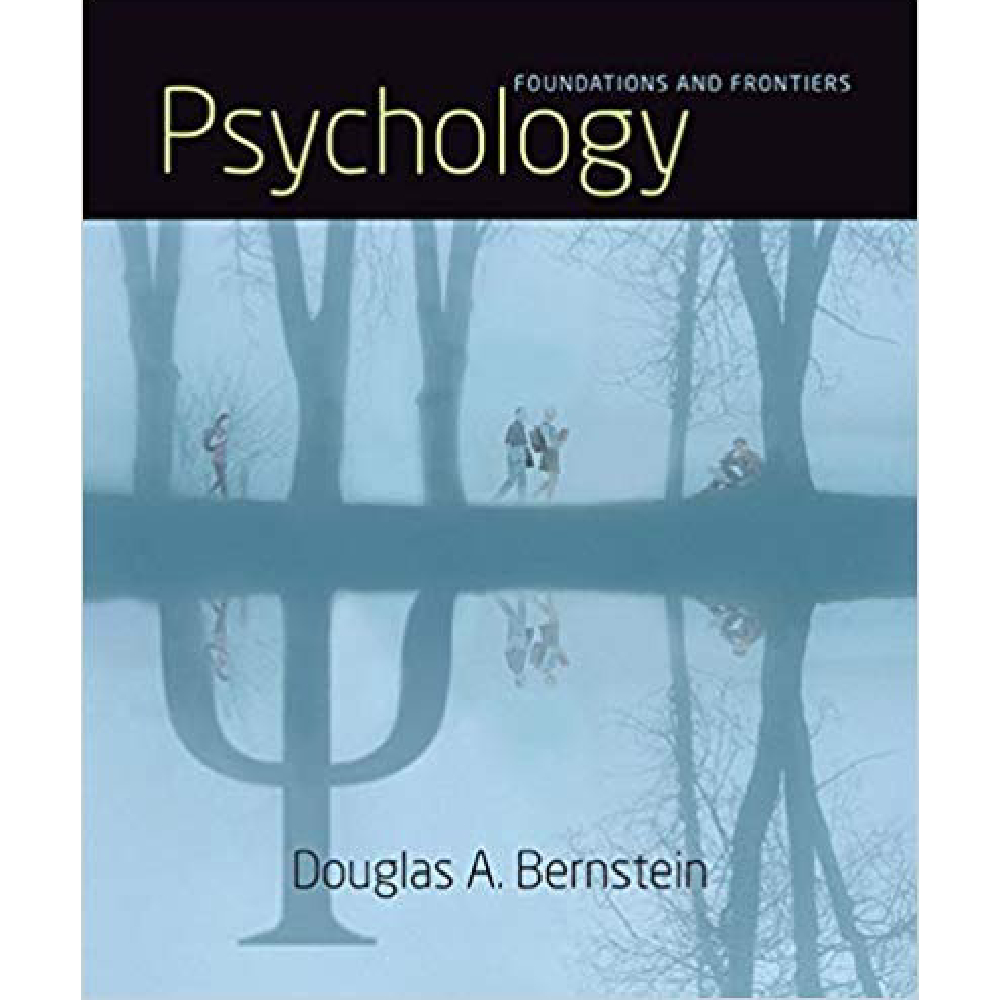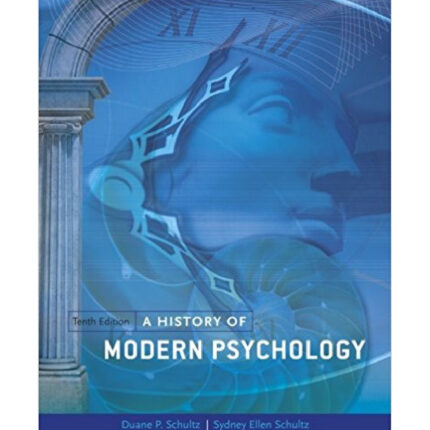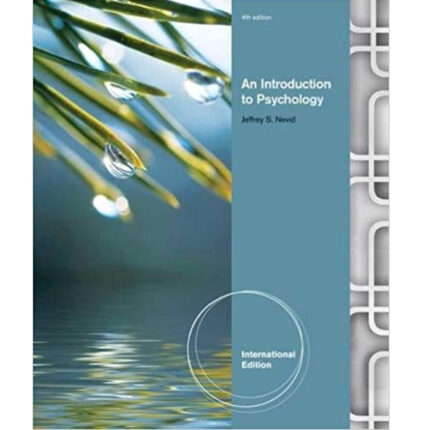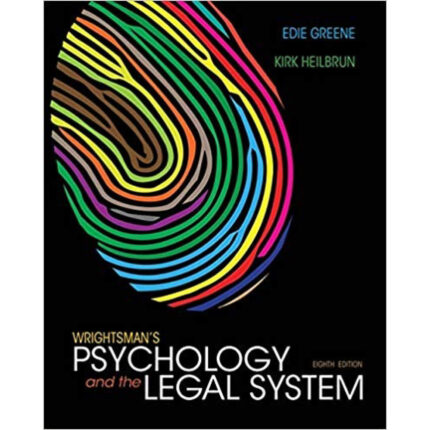1. Developmental psychology is best defined as the study of ____.
a. children’s thought processes and moral reasoning
b. the physical changes that occur in the womb and during the childhood years
c. the social, cognitive, and physical changes that occur over the course of the life span
d. the influence of genes on the behavior of infants, children, adolescents, and adults
ANSWER: c
REFERENCES: Introduction
KEYWORDS: Bloom’s: Understand
2. The main focus of developmental psychology is the study of ____.
a. whether nature or nurture causes behavior
b. how people change across the lifespan
c. the psychosocial stages of development
d. the maturation of children
ANSWER: b
REFERENCES: Introduction
KEYWORDS: Bloom’s: Understand
3. Unlike John Locke, French philosopher Jean-Jacques Rousseau believed that children were able to discover how the world operates and how they should behave ____ from adults.
a. with instruction
b. with instruction but no supervision
c. with instruction and close supervision
d. without instruction
ANSWER: d
REFERENCES: Exploring Human Development
KEYWORDS: Bloom’s: Understand
4. The term tabula rasa refers to Locke’s belief that ____.
a. altering people’s inherent personality “slates” is impossible
b. human development is influenced primarily by the environment
c. children develop according to an invariable set of stages
d. humans are born with a natural propensity toward goodness
ANSWER: b
REFERENCES: Exploring Human Development
KEYWORDS: Bloom’s: Understand
5. Agatha is a graduate student studying behavioral genetics. In other words, she is most likely learning about ____.
a. the characteristics of a single individual rather than differences between individuals
b. how hereditary factors cause behaviors and traits, independent of environment
c. how genes and the environment influence specific aspects of development
d. how children learn about the world independent of instructions from adults
ANSWER: c
REFERENCES: Exploring Human Development
KEYWORDS: Bloom’s: Understand
6. Katerina has great athletic ability, winning many high school trophies. Her sister, Janet, is an average high school student but doesn’t have Katerina’s athleticism. Janet makes friends who are also average, and her parents don’t encourage Janet to become a better student. Katerina makes friends who are also athletes, and because she wins often, she gets attention and encouragement from her parents. The sisters’ different experiences illustrate how ____.
a. nurture determines nature
b. nature determines nurture
c. nurture may influence nature
d. nature may influence nurture
ANSWER: d
REFERENCES: Exploring Human Development
KEYWORDS: Bloom’s: Understand
7. Ephraim is a bully on the third-grade playground. After he pushed little Gideon around, Gideon says to Ephraim, “Something must have happened to you as a baby that caused you to be such a jerk. Maybe you were dropped on your head.” Ephraim replies, “Shut up, wimp! I was born to rule.” Ephraim and Gideon are engaged in a debate that reflects the issue of ____.
a. nature and nurture
b. authoritarian and authoritative parenting styles
c. genotype and phenotype
d. assimilation and accommodation
ANSWER: a
REFERENCES: Exploring Human Development
KEYWORDS: Bloom’s: Understand
8. Tyra is pregnant. Her doctor tells her that at this stage of the baby’s development, it can kick, can turn its head, can open its eyes, and already has taste buds. Tyra’s baby is in the ____ stage of prenatal development.
a. zygotic
b. fetal
c. embryonic
d. critical
ANSWER: b
REFERENCES: Beginnings
KEYWORDS: Bloom’s: Understand
9. You are an organism at some point during your prenatal development. Just seconds ago, your complete set of DNA was assembled for the first time. Right now, you are a(n) ____.
a. zygote
b. embryo
c. germ
d. fetus
ANSWER: a
REFERENCES: Beginnings
KEYWORDS: Bloom’s: Understand
10. Lilianna’s pregnancy is in the fetal stage. All of the fetus’s organs have developed and are functional, but they are immature. The fetus can also respond to light and touch. What month of pregnancy is Lilianna in?
a. second
b. fourth
c. sixth
d. eighth
ANSWER: d
REFERENCES: Beginnings
KEYWORDS: Bloom’s: Understand













Reviews
There are no reviews yet.